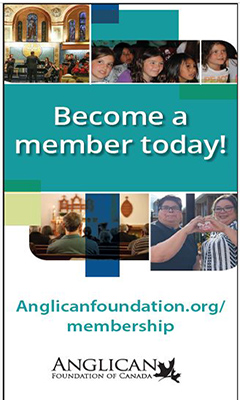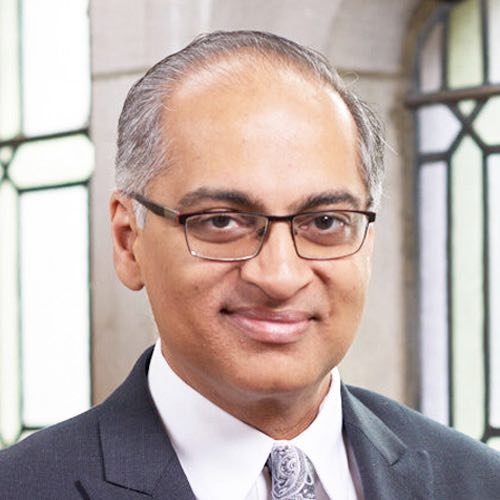In my September reflection in Faith Tides, I mused about whether it might be possible for the church to learn how to be small but mighty. I argued that we need to recover the ancient metaphors of smallness that Jesus routinely employed, salt and yeast being the most prominent. Both are examples of tiny things that make a huge difference. No wonder that Jesus used these examples to encourage a miniscule community of followers to imagine how they might make a difference in a world of daunting imperial powers. Now that the church is dwindling in numbers and no longer sits squarely at the heart of cultural power, we are once more in a situation that approximates the early church. So, what is the church called to do now?
We find clues right there in Jesus’s small metaphors. Neither salt nor yeast is any good save as part of something larger. Nothing that is over salted is remotely appetizing. These metaphors only work because they take for granted that the larger world is full of great good — a good world in need of a critical pinch of salt. That world, therefore, cannot be a God-abandoned wasteland. If that were so, neither salt nor yeast would make any difference.
Jesus’s core metaphors require a basic trust in the goodness of the world and the free ranging work of the Holy Spirit, out there in the wild. If the church is to learn how to be salt and yeast again, it must rediscover this basic trust that God is always already busy building the beloved community beyond the church walls. The church is not God’s sole agent in the world. Ours is the task to offer a quickening and catalyzing hand.
If that is so, then, a primary work to which the church is called is the keen-eyed labor of discernment. A core question for us: where is God already at work in the world, and how can we kindly, unobtrusively and meaningfully lend a helping hand?
Does that sound too small, too humble a question to ask? Well, the church could do with a good dose of humility after centuries of imperial overreach. Small but meaningful difference is a worthy aspiration for a battered institution currently lacking moral credibility.
In its discerning work, the church looks to Jesus’ life for clues to find God-shaped work as it takes place in the world. Where is new life happening? Where are the poor and dispossessed receiving the care they need? Where is the inherent dignity of persons being recognized and celebrated? Where is love breaking forth?
Answer those questions and we will find fitting ways for the church to come alongside and stand with those who are already doing spirit-inspired work. Struggling with those key questions will almost always be local work. Where is healing happening in just this neighborhood? Who’s feeding the homeless here? Where are the voices calling for creation care that need to be elevated? Who’s advocating for doing something about skyrocketing rents in this city?
Again, these questions presuppose that God is busy even when the church slumbers. Self-importance does not become us. We need not imagine ourselves as God’s importer-exporters bringing the divine to God-forsaken places — the very sign of colonialism. We should know by now that there is no place in which God is not already present!
Of course, there will come moments when the church must be bold, unapologetic and forthright. When human dignity is being erased, when antidemocratic forces seek to undo the public good, when the forces of fascism knock at the door, a prophetic posture will be the need of the hour.
But the day in, day out work of the church will be salt and yeast work — unassuming labour that accompanies those who are already doing spirit-led work out in the world. This is God’s world after all. The church exists for the world; not the world for the church.




